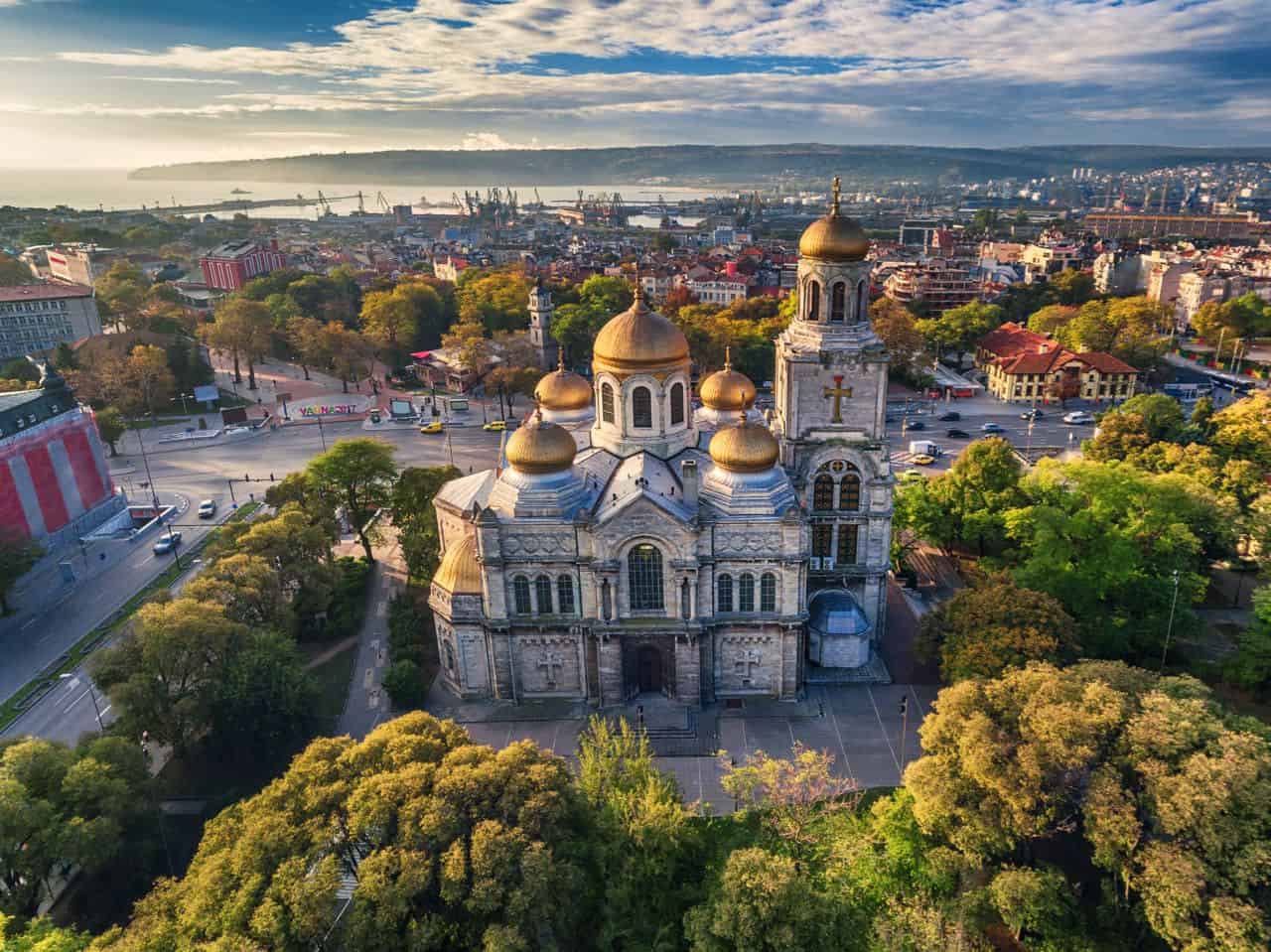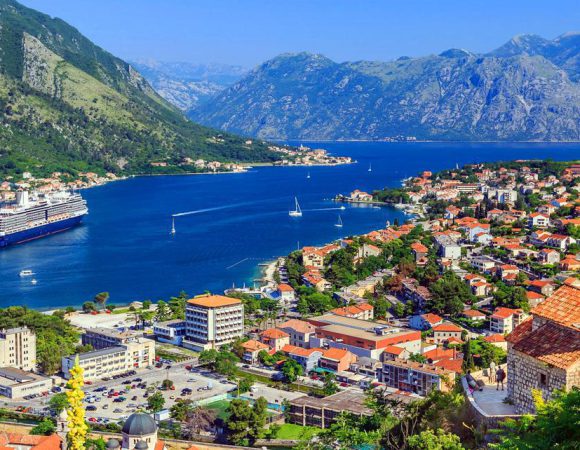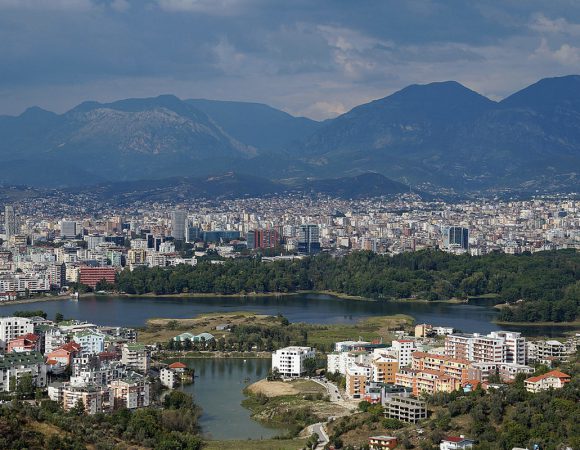
Bulgaria
With an area of 110,994 kilometers, Bulgaria attracts many tourists every year with its nature, rich history and culture. The country shows an important development especially with nature tourism. It is home to the city of Silistra, which is the subject of Namık Kemal’s play titled Vatan Yahut Silistra.
In the country located between east and west, the Thracians , Slavs, Byzantines and the Ottoman Empire continued to dominate, respectively. The country is currently governed by a parliamentary democracy system.
Especially the capital Sofia is shown as one of the leading cultural cities of Europe. In the city, which receives many students from different nationalities, libraries and museums are developing day by day. Kazanlık Tomb in Kazanlık Village , Thracian tombs in Sveshtari and Rila Monastery , located 117 kilometers south of Sofia and the largest Orthodox monastery in the Balkan Peninsula , are the historical centers of Bulgaria under UNESCO protection.
Capital, Cities and Regions of Bulgaria
Plovdiv, Kardzhali, Mestanli, Varna, Silistra, Vidin, Pleven, Ruse are among the most important cities of Bulgaria. Sofia is the country’s capital and most touristic region .
Nessebar Peninsula and its ancient city, Pamporovo Ski Center, Sunny Beach and Svilegrad on the border of Edirne are other regions of the country that can be seen.
- Varna Travel Guide
Where is Bulgaria?
It is surrounded by Macedonia in the north, Turkey and Greece in the south, and the Black Sea in the east . It is one of the countries in the Balkan peninsula. The Balkan, Rhodope and Rila mountains have been influential in determining the country’s landforms. Musala Peak , located on Rila Mountain , is the highest point in Eastern Europe. The Danube Plain in the north and the Thrace Plain in the south are low and fertile regions.
When to go to Bulgaria
The summer season in the country starts in June and continues until October, and the temperature level is within the seasonal normals. When the winter months come, the ski season opens and tourists come to the country from all over the world. Between December and March is the ski season. Ski enthusiasts are recommended to go to Bulgaria during this period.
Bulgarian Culture
Bulgaria has a living space that can appeal to almost every audience. Ski centers provide many opportunities to both its citizens and tourists with its many beaches opened during the summer period , lively nightlife and many cultural activities that can be done.
Bulgarian Cuisine
This feature of Bulgaria, which hosts different ethnic groups, is also reflected in its eating and drinking habits. It has a rich culinary culture that includes Mediterranean cuisine with its Slavic roots, Turkish dishes inherited from the Ottoman Empire, and European flavors . Milk and dairy products are very common in the country known as the homeland of yogurt.
Souvenirs to Buy from Bulgaria
Rose-scented perfumes are famous in Bulgaria . Those who do not use perfumes may prefer rose-scented soaps. Bulgaria ‘s famous cheese called Kashkaval is one of the gifts that can be bought on the way back from here.
However, it is worth noting that it is possible to import certain products into Turkey in suitable quantities without tax. Therefore, you may have difficulties in passing some products through customs when coming by road.
Bulgaria’s Festivals
In the International Masquearade Games Festival , which is held in the last week of January to keep the traditions alive from Pagan times , interesting masks are worn and traditional clothes are worn. The festival is the scene of colorful landscapes every year.
Sofia International Film Festival , one of the most prestigious film festivals in Southeast Europe, which has opened its doors to many world-famous directors and their films, is held in March.
At the Kukerlandia Festival , where handmade “kuker” masks and groups performing their shows with the bells on them participate, the participants attract attention with the clothes they wear and the sounds they make to represent the Thracian warriors. The demonstrators believe that they will drive away evil and diseases with the loud sounds of copper and bronze bells tied to their belts. Kukerlandia is held in February.
Apart from these, Sofia Jazz Festival in April , Bulgarian Salsa Festival in May , Varna Summer Festival in June, Varna International Music Festival in July , Plovdiv International Folklore Festival are the festivals that attract attention in Bulgaria.
Holidays / Holidays / Important Days in Bulgaria
· Labor Day (May 1),
Orthodox Easter (May 1)
· Bravery Day (6 Mayıs)
· Working Day (May 14)
· Public Holiday (May 23)
Natural Parks National Day (June 8)
Climate and Weather in Bulgaria
Bulgaria, which has a variable and mixed climate geography, has a temperate climate. The annual average temperature is 0 degrees at the lowest and 22 degrees at the highest.
A Brief History of Bulgaria
As a result of the conquest of Rumeli by the Ottoman Empire in the 14th century , many Turks were consciously settled in Bulgaria in order to break the power of the other principalities that ruled in Anatolia. For this reason, the number of Bulgarians of Turkish origin is quite high in Bulgaria.
Bulgaria’s Economy
The economy of Bulgaria, which was defeated in the First and Second World Wars, was greatly affected by these results. Although the economy of the country eased a little after the transition to a communist regime, the economic conditions deteriorated again when it passed to the Republican administration. With the country’s accession to the European Union in 2007, the reform movements started to regroup the country in monetary terms.
Turkey is among the top 5 trading partners of Bulgaria. Mineral fuel, copper, plastic, electrical machinery and iron and steel are the main products exported from Turkey to Bulgaria.
Mineral oils, oilseeds, fruits, trees, wooden goods, plastics and lead are among the products that Turkey imports from Bulgaria.
Languages Spoken in Bulgaria
Zdraveyi / Hello Bulgarian, a subordinate of the South Slavic languages in the Indo-European family of languages, is the official language of the country. It is written using the Cyrillic alphabet. Most of the letters are inspired by the Greek alphabet. It is the first Slavic language to be written down.
Dobro utro: good morning
from Dobir: Good afternoon
Dovijdane: See you soon.
Kak si: how are you
Dobre : Good
İzvinete : Excuse me






